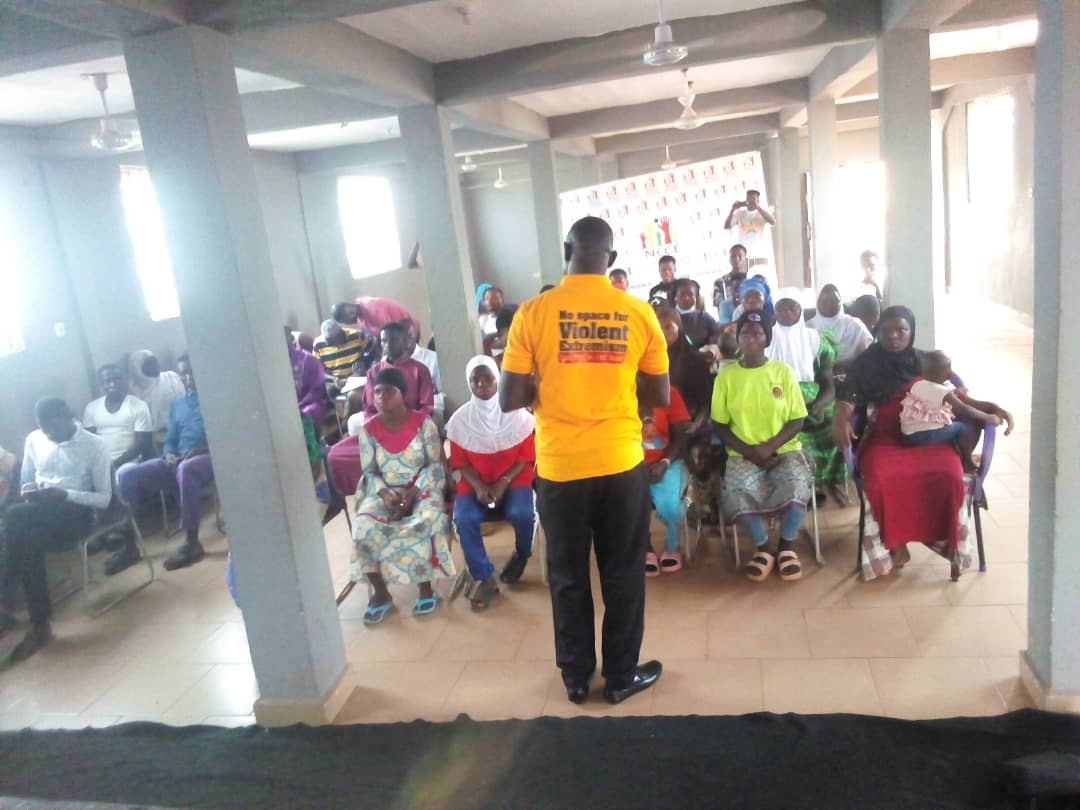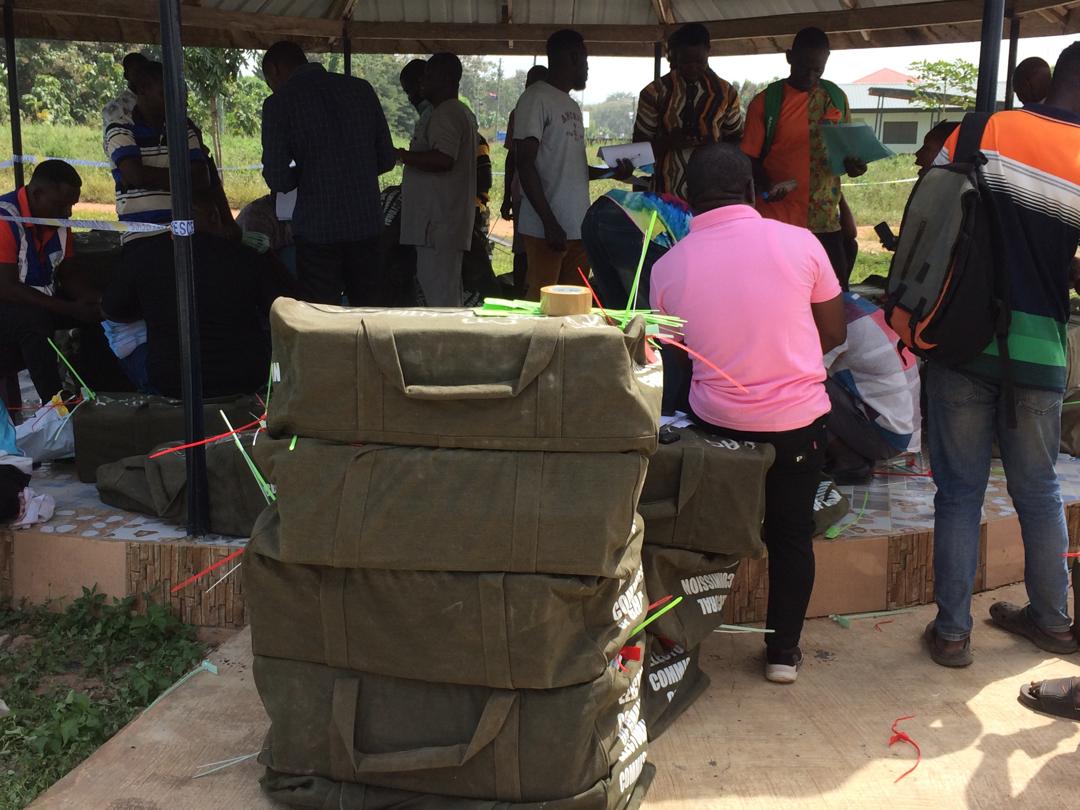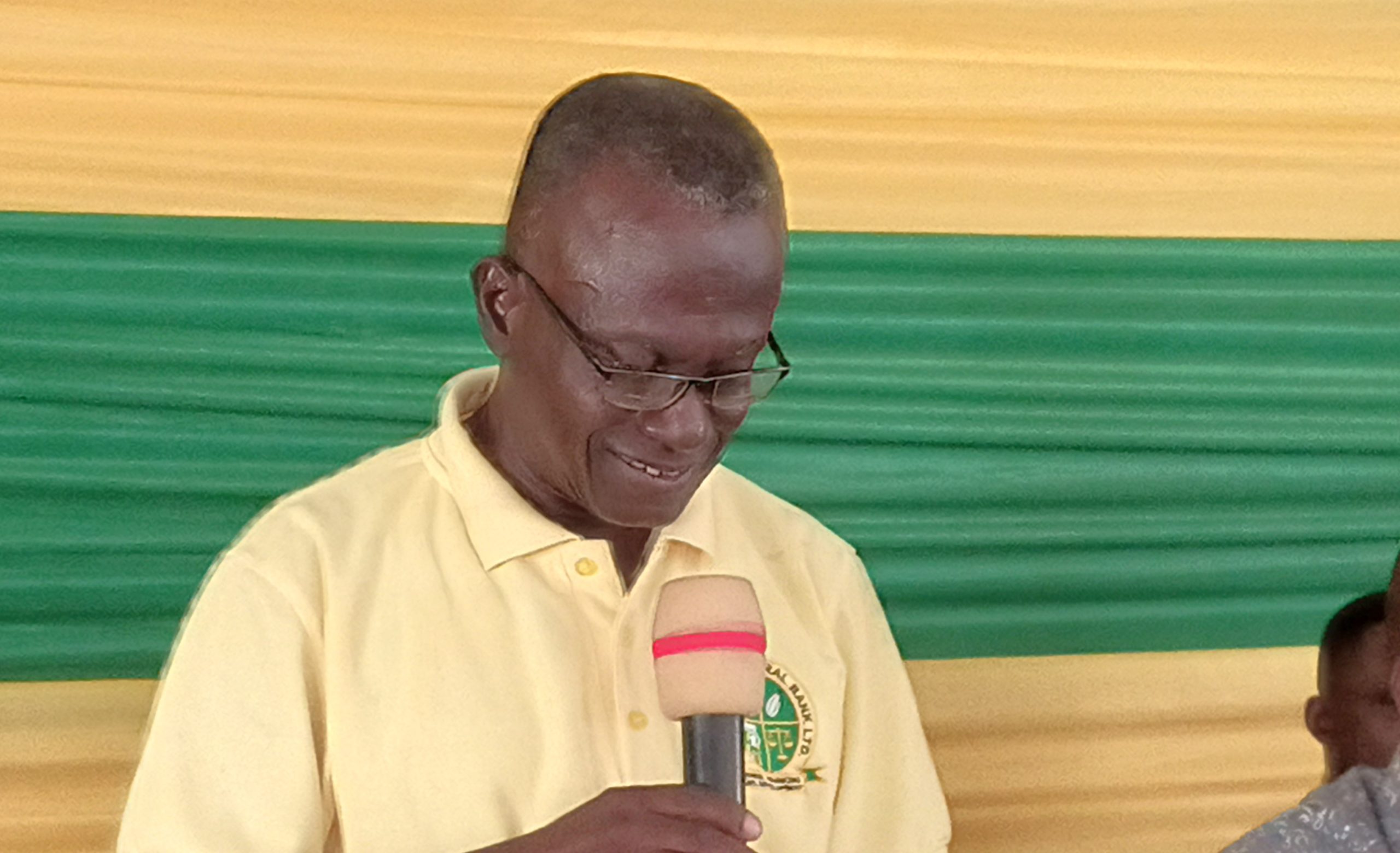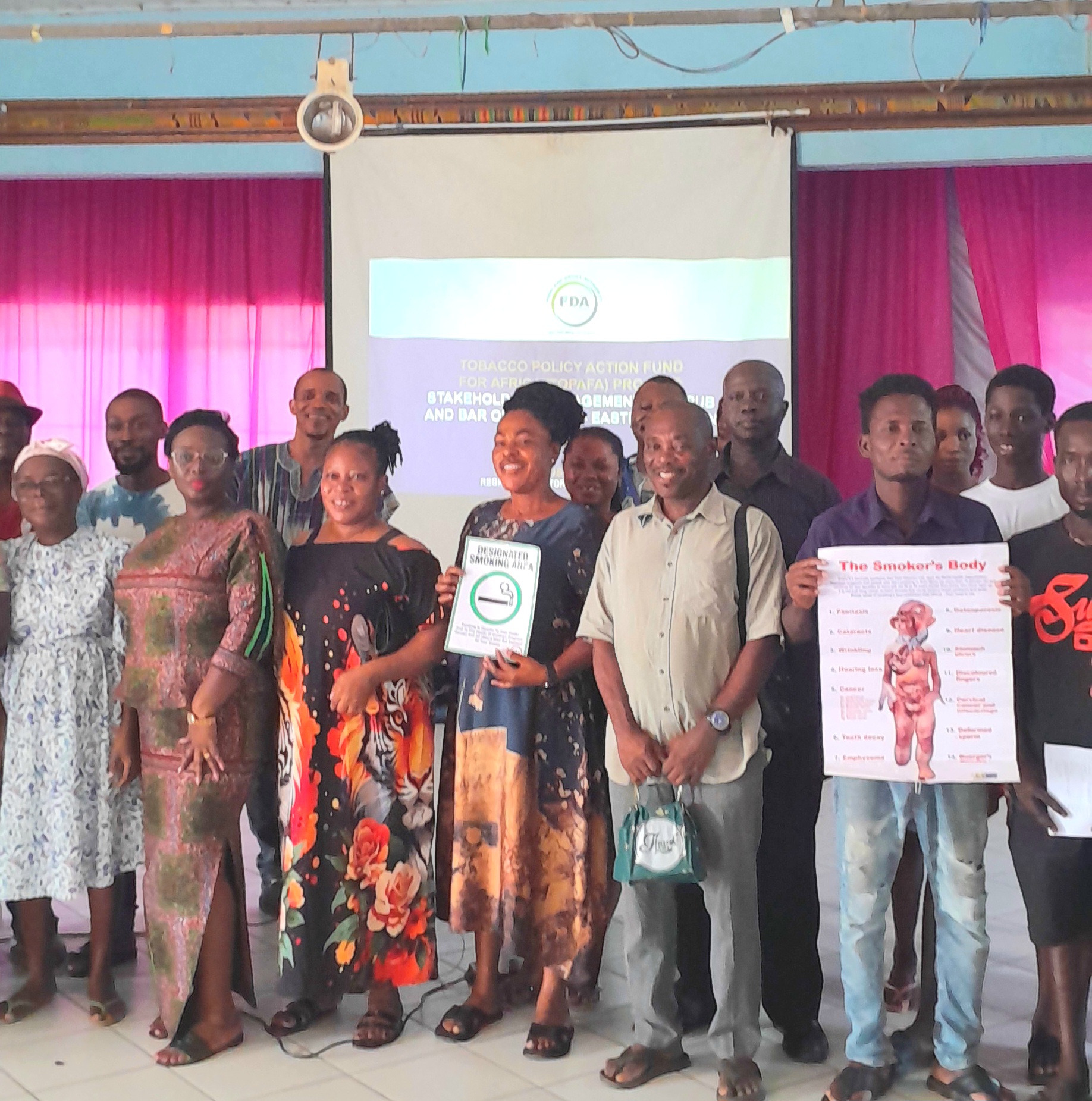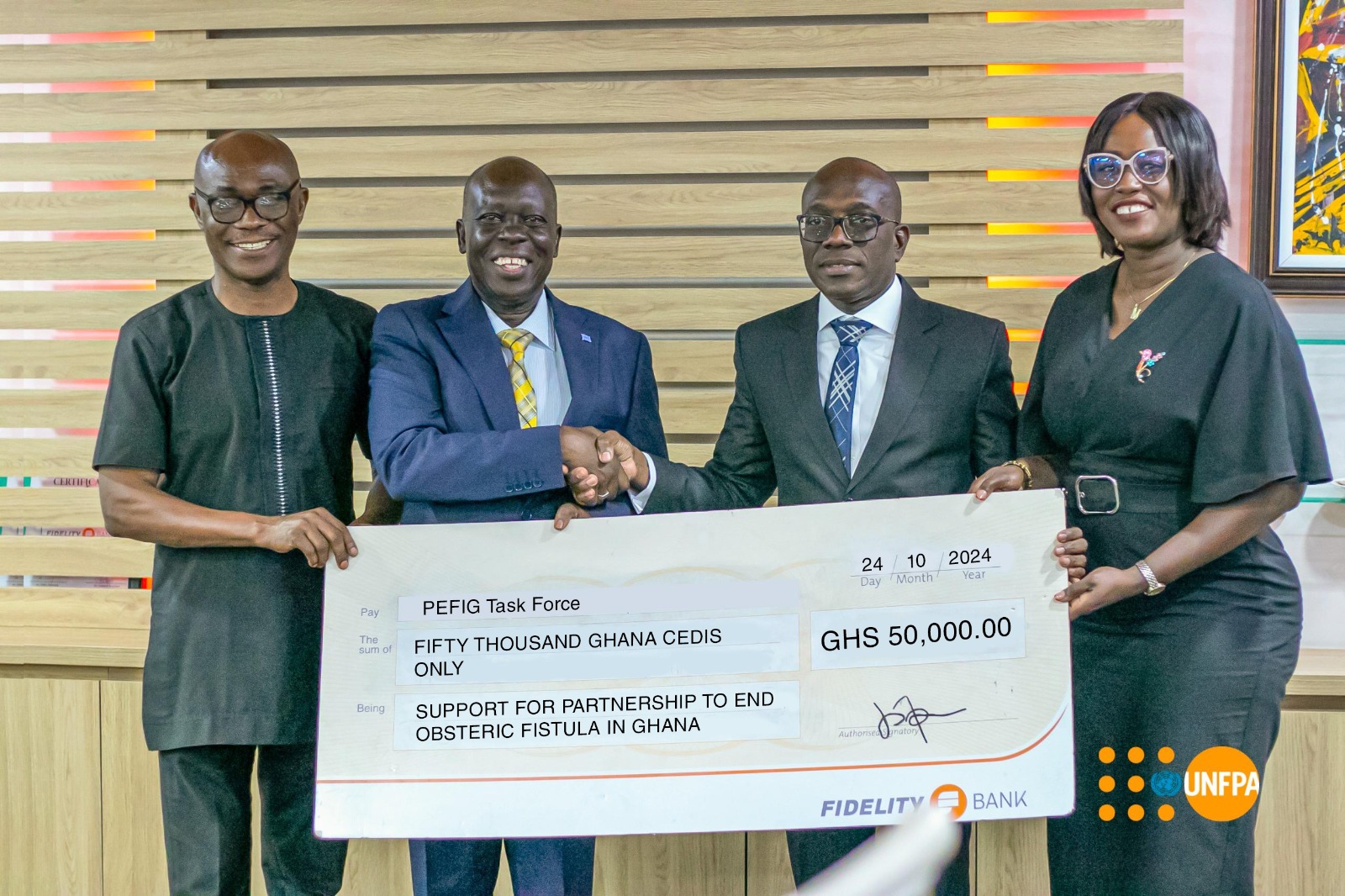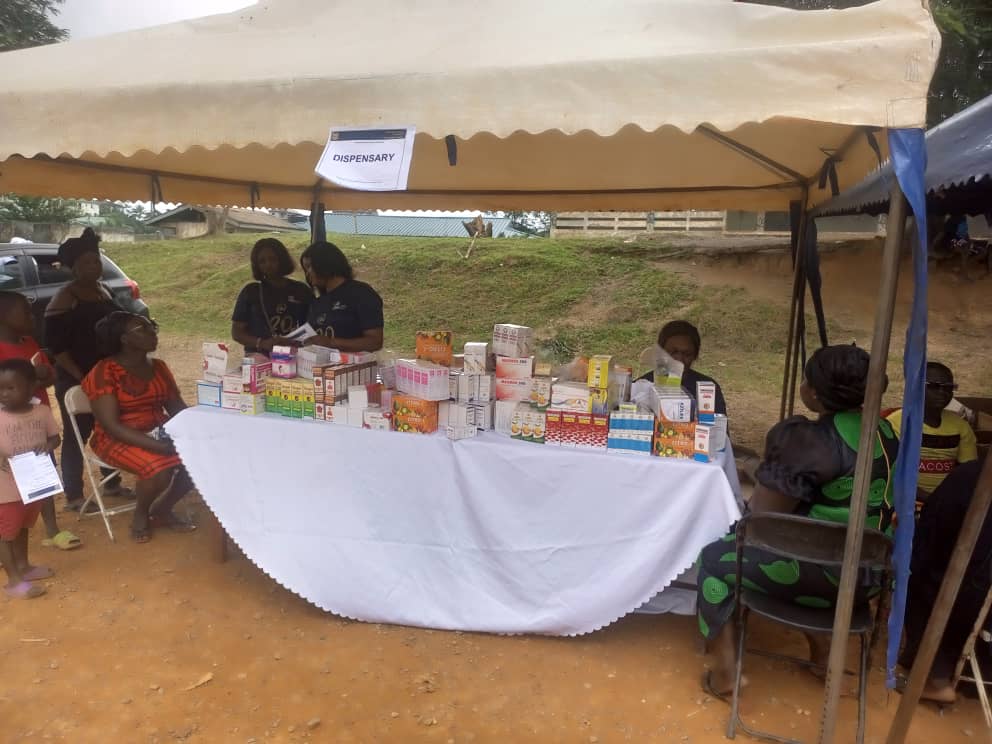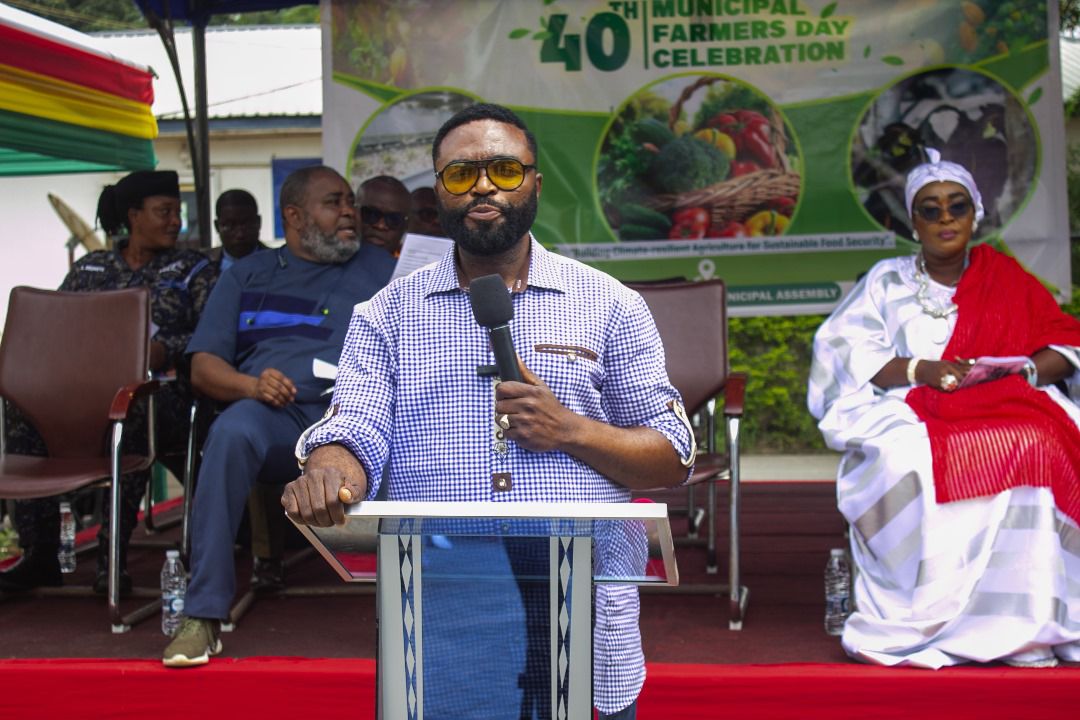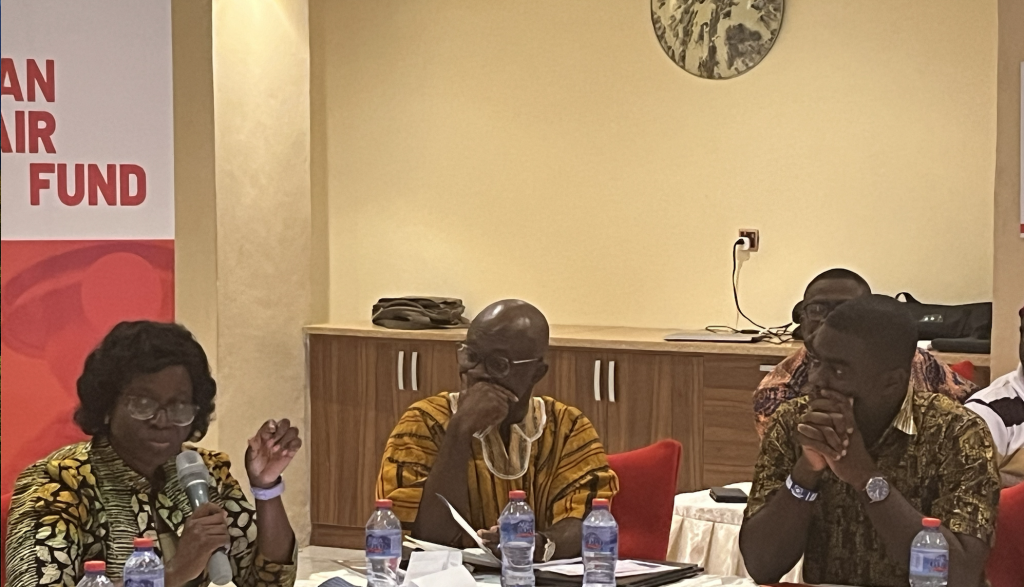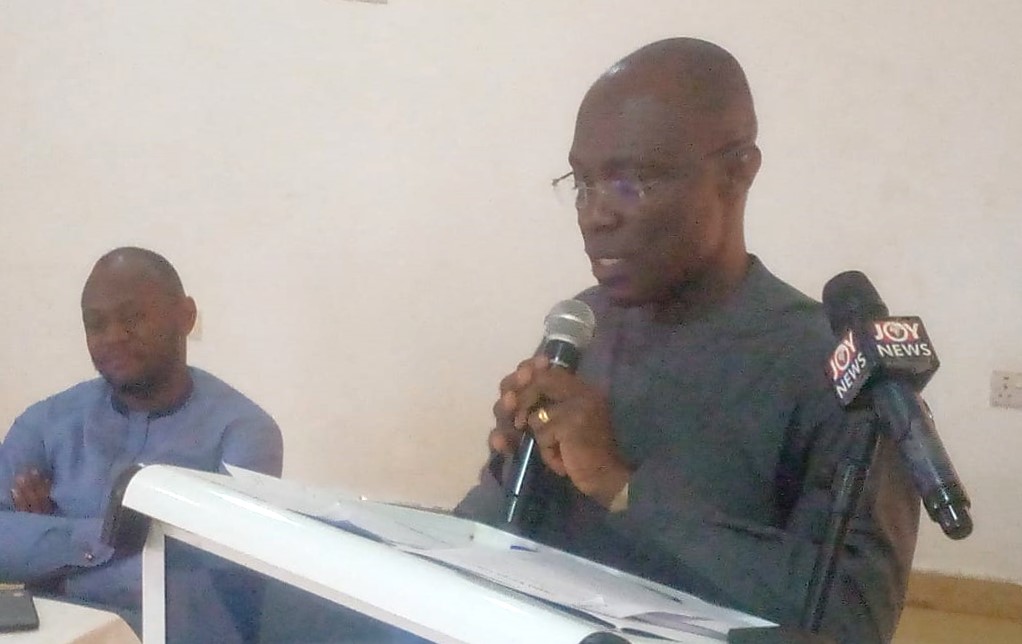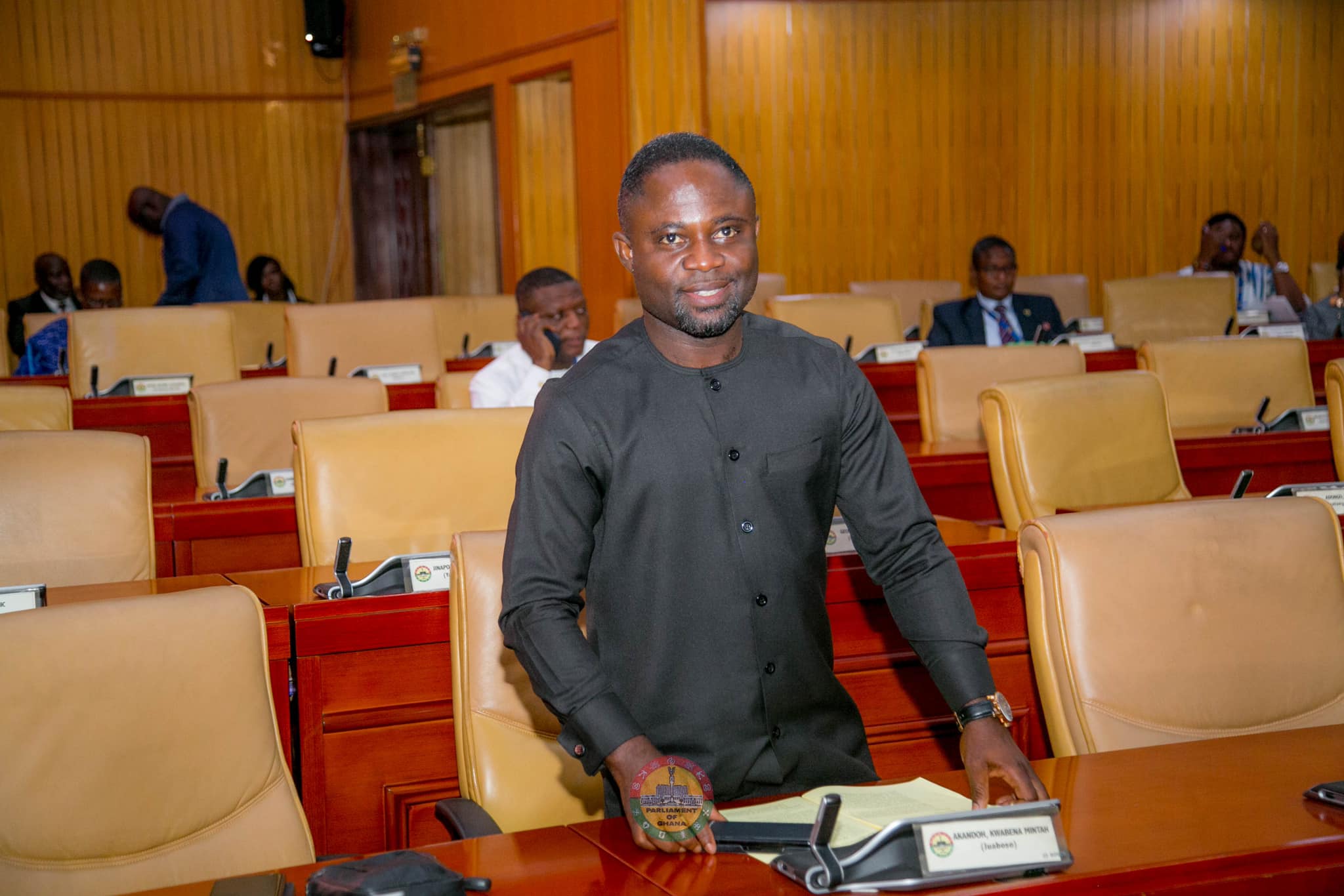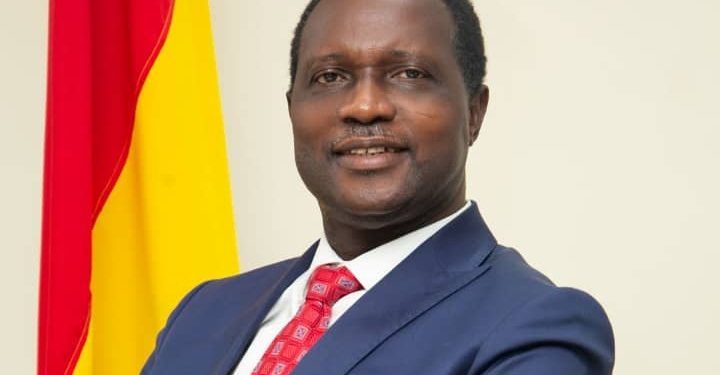WFP, Ghana Statistical Service partner to enhance data on food security, nutrition
The World Food Programme (WFP) and the Ghana Statistical Service (GSS) have signed an agreement to promote the generation of evidence-based data on food security and nutrition to support national policies and programmes. The post WFP, Ghana Statistical Service partner to enhance data on food security, nutrition appeared first on Ghana Business News.
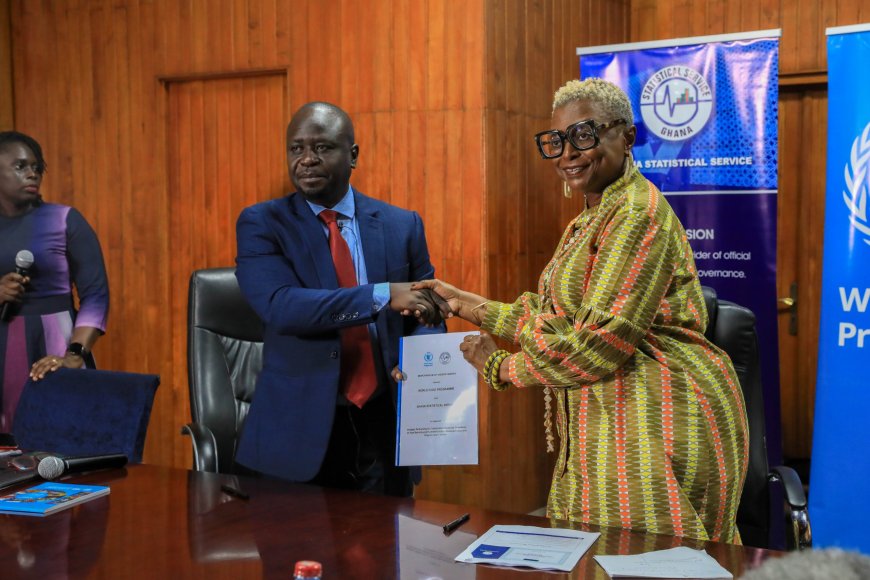

 The World Food Programme (WFP) and the Ghana Statistical Service (GSS) have signed an agreement to promote the generation of evidence-based data on food security and nutrition to support national policies and programmes.
The World Food Programme (WFP) and the Ghana Statistical Service (GSS) have signed an agreement to promote the generation of evidence-based data on food security and nutrition to support national policies and programmes.
The partnership, which will be effective until December 2028, will support the development of innovative technologies and methods for high frequency data collection on food security and nutrition such as mobile surveys, remote sensing, and digital platforms.
The leadership of the WFP in Ghana and the GSS signed a memorandum of Understanding (MoU) in Accra on Wednesday to formalise the partnership.
Ms. Barbara Clemens, the Country Director for the WFP, signed on behalf of the WFP, whereas Professor Samuel Kobina Annim, the Government Statistician, signed on behalf of the GSS.
In the first year of the implementation of the MoU, the GSS is expected to conduct the third national Comprehensive Food Security and Vulnerability Assessment (CFSVA) in 2025, and rollout the mobile Vulnerability Analysis and Mapping (mVAM) in Ghana.
The CFSVA aims to provide up-to-date information on food security at the household level for the identification of vulnerable areas and populations, for assessment of trends based on results from previous CFSVA, for development of targeted interventions.
The mVAM leverages mobile technology to remotely monitor household food security and nutrition, and food market-related trends in real-time, providing high-frequency, gender disaggregated and operationally relevant data that supports decision making.
Ms Clemens said the partnership with the GSS would help to leverage accurate data and insights to better understand the challenges and opportunities in food security and nutrition across the country.
She said the availability of reliable and country-specific data would guide the interventions and strategic plans of the WFP.
“When we are designing our country strategic plans and interventions, we look at context-driven, based on statistics. Therefore, we have to be part of the process in generating those statistics. We want to ensure that we are getting clean data,” she said.
Prof. Annim said it was important to ensure the convergence of data across different statistical measures of food self-sufficiency, food security, food insecurity, and nutrition.
He said the partnership would among others build capacity on data collection, analysis, dissemination, and evidence-based decision-making.
“If we treat statistics in silos, it will not help us to get a better understanding of how we want to tackle the food inflation issues,” Prof. Annim said.
“One of the key things the MoU seeks to do is to try and link food self-sufficiency to food security, healthy diet, and nutrition,” he added.
Source: GNA
The post WFP, Ghana Statistical Service partner to enhance data on food security, nutrition appeared first on Ghana Business News.

